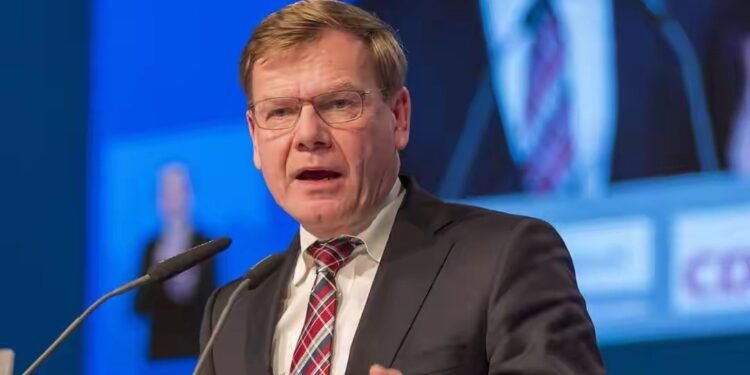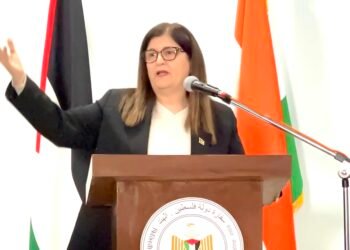BERLIN: Germany’s Foreign Minister Johann Wadephul is embarking on a diplomatic mission to Brussels beginning Monday, where he will hold discussions with senior policymakers including Piyush Goyal, India’s Commerce & Industry Minister, and Mark Rutte, Secretary-General of NATO. A spokesperson for Germany’s Federal Foreign Office confirmed the schedule.
The trip marks a shift after Wadephul postponed a planned visit to China, originally scheduled to start Sunday, citing Beijing’s confirmation of only one of his requested meetings, a sign of rising friction between Berlin and Beijing over trade and security concerns.
In Brussels, Wadephul will meet Ursula von der Leyen, President of the European Commission; Maroš Šefčovič, EU Trade Commissioner; and Kaja Kallas, the EU’s foreign policy chief, according to the ministry’s announcement.
The spokesperson said the consultations with the EU and NATO will focus on continued support for Ukraine and strengthening Europe’s security and defence capabilities. A further key topic will be international trade, particularly securing supply chains for critical raw materials such as rare earths and semiconductors, areas under increasing pressure globally.
India’s Piyush Goyal, who is currently in Brussels for trade-policy talks, will join Wadephul to explore how Germany and the EU can advance their free trade agreement with India ahead of a year-end deadline. Germany has already signalled strong backing for the pact. Earlier this month, Wadephul reaffirmed Berlin’s full support for expediting the India-EU deal, saying Germany will “utilise all its arguments with the Commission” to push it forward.
Wadephul’s shift in focus from China to closer ties with the EU, NATO and India underscores Germany’s evolving foreign-policy strategy. He has previously described China’s assertiveness in the Indo-Pacific—including in the Taiwan Strait and South China Sea—as a direct threat to European interests.
The upcoming meetings will also serve to align strategic, trade and security priorities across Germany, the EU, NATO and India at a moment of heightened global volatility.
–Christoph Andreas



















